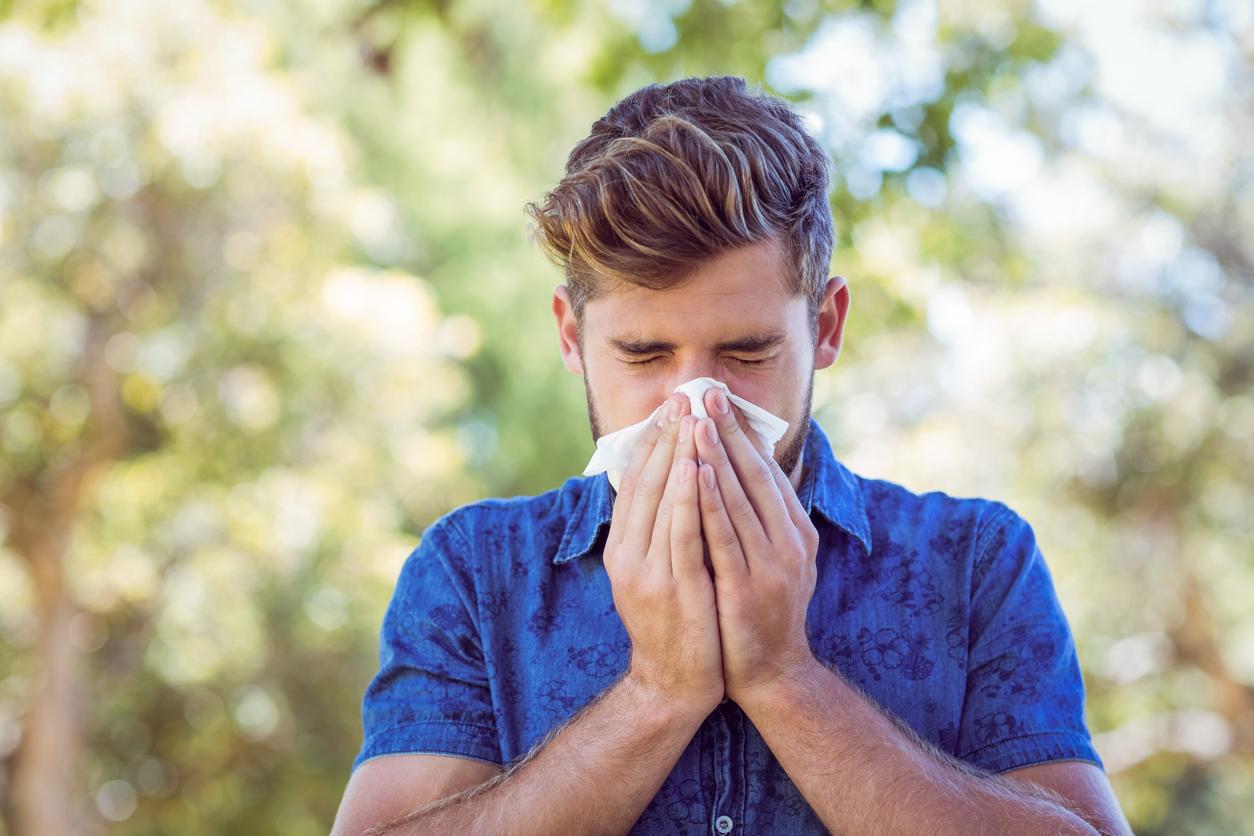This 12-year-old came up with a way to stop allergies before they start

Your support helps us to tell the story
From reproductive rights to climate change to Big Tech, The Independent is on the ground when the story is developing. Whether it's investigating the financials of Elon Musk's pro-Trump PAC or producing our latest documentary, 'The A Word', which shines a light on the American women fighting for reproductive rights, we know how important it is to parse out the facts from the messaging.
At such a critical moment in US history, we need reporters on the ground. Your donation allows us to keep sending journalists to speak to both sides of the story.
The Independent is trusted by Americans across the entire political spectrum. And unlike many other quality news outlets, we choose not to lock Americans out of our reporting and analysis with paywalls. We believe quality journalism should be available to everyone, paid for by those who can afford it.
Your support makes all the difference.Sixth-grader Iris Gupta wants to change how we treat one of our most annoying problems: allergies.
The 12-year-old is one of the 10 Discovery Education 3M Young Scientist Challenge finalists for her work with nanoparticles and allergies.
The challenge is the "ultimate middle school science competition" for kids in Grades 5 to 8 across the US. This year's finalists worked on projects ranging from new ways to keep people from driving while intoxicated to devices that measure car temperatures.
Allergies are your immune system's response to a substance that's not harmful to other people. They're the sixth leading cause of chronic disease in the US.
Typically, people treat the symptoms of allergies with antihistamines like Benadryl or Claritin. The medication inhibits histamines, the compounds our bodies release in response to an injury or allergen.
But Gupta wanted to figure out if there was a way to treat allergies before they ramp up.
She started looking into gold nanoparticles, which could block allergens from binding to the body's Immunoglobulin E antibodies, a part of the blood responsible for fighting off allergens.
The nanoparticles, relatively inexpensive, could be injected or inhaled at the beginning of allergy season, and could stave off the inflammation and discomfort we experience when our IgE response gets initiated. Scientists have looked into the idea of using nanoparticles to stop allergies before, but more work needs to be done before they're put into use.
Before she could really run with her idea, though, Gupta needed to figure out the right size of nanoparticle to use.
She found that the best results came from those that were 20 nanometers in size. The 20-nanometer nanoparticles matched up well with IgE, Gupta explains in her project video, preventing the IgE from acting up when an allergen entered the body.
Watch Gupta's presentation here:
Read more:
• How much the best paid workers in 20 professions earn
• Seven outdated men’s style ‘rules’ that you can now ignore
• 16 skills that are hard to learn but will pay off forever
Read the original article on Business Insider UK. © 2016. Follow Business Insider UK on Twitter.
Join our commenting forum
Join thought-provoking conversations, follow other Independent readers and see their replies
Comments